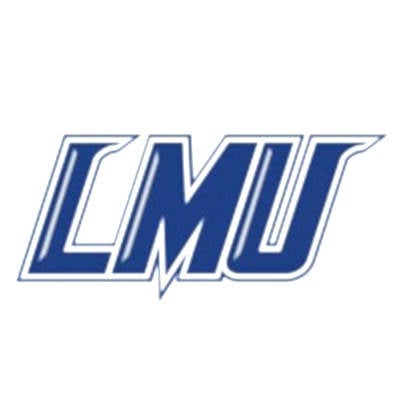UT football hit with five years probation
Published 3:19 pm Monday, July 17, 2023

- Former UT head football coach Jeremy Pruitt. UT Athletics photo by Andrew Ferguson
|
Getting your Trinity Audio player ready...
|
NEWS RELEASE
Over the course of three seasons, the Tennessee football program committed 18 Level I violations — encompassing more than 200 individual infractions — most of which involved recruiting rules violations and direct payments to prospects, current student-athletes and their families, according to a decision released by a NCAA Division I Committee on Infractions panel. An additional four Level I unethical conduct violations occurred involving former university employees. The violations resulted in impermissible inducements and benefits totaling approximately $60,000. As a result, Tennessee failed to monitor its football program. Additionally, due to his personal involvement in the violations, the former football head coach violated head coach responsibility rules, the NCAA determined.
The majority of the violations in this case relate to a paid unofficial visit scheme that was used in a consistent manner by the football program over the course of two years. In total, the scheme involved 29 prospects, 39 members of those prospects’ families, 10 then-enrolled student-athletes, three family members of then-enrolled student-athletes, nine individuals associated with a prospect (e.g., a high school coach or nonscholastic coach) and three boosters. The scheme also involved at least a dozen members of the football staff, and the resulting violations included at least 110 impermissible hotel room nights, 180 impermissible meals, 72 instances of providing impermissible entertainment or other benefits, 41 impermissible recruiting contacts, 37 instances of providing impermissible game day parking and 14 times in which gear was provided to prospects.
Due to direct involvement by former head coach Jeremy Pruitt in intentionally providing impermissible inducements and benefits to prospects, student-athletes and their families, he violated head coach responsibility rules. Additionally, Pruitt failed to monitor his staff when at least a dozen members of the football staff committed more than 200 violations of NCAA rules over a two-year period and did not self-report any of those violations.
“During the head coach’s tenure, he and other members of his staff acted with general and blatant disregard for rules compliance,” the panel said.
The panel also was troubled by a former staff member who stated that she failed to report violations because she feared retaliation and backlash, which “spotlights the toxic culture that existed under the head coach’s leadership.”
After their separations from Tennessee, the former head coach, director of recruiting, recruiting assistant and assistant coach 1 also violated ethical conduct rules when they provided false or misleading information to the school and NCAA enforcement staff.
The committee used the Division I membership-approved infractions penalty guidelines to prescribe the following penalties in addition to the fine:
• Five years of probation.
• A reduction in football scholarships by a total of 28 during the term of probation, including at least two scholarships each year.
• A reduction in football official visits by a total of 36 during the term of probation, including a reduction of at least four per year. Tennessee shall prohibit official visits in connection with a total of 10 regular-season home games, four of which must be against SEC opponents.
• A reduction in football unofficial visits by a total of 40 weeks during the term of probation, including at least six weeks per year. Tennessee shall prohibit unofficial visits in connection with 10 regular-season home games, four of which must be against SEC opponents.
• A total 28-week ban on recruiting communications during the term of probation, including at least three weeks per year. This will include one week each in December and January and one week from March to June.
• A total reduction in evaluation days by 120 during the term of probation.
• A six-year show-cause order for Pruitt. Should the head coach become employed in an athletically related position at an NCAA school during that show-cause order, he shall be subject to a suspension from 100% of the first season of his employment.
• A five-year show-cause order for the former director of recruiting.
• A 10-year show-cause order for the former assistant director of recruiting.
• A two-year show-cause order for former assistant coach 3. Should he be employed by an NCAA member school during that period, he shall be prohibited from participating in on- and off-campus recruiting activities.
• A vacation of all records in which student-athletes competed while ineligible. The university must provide a written report containing the contests impacted to the NCAA media coordination and statistics staff within 14 days of the public release of the decision.
• An indefinite disassociation of booster 2.



